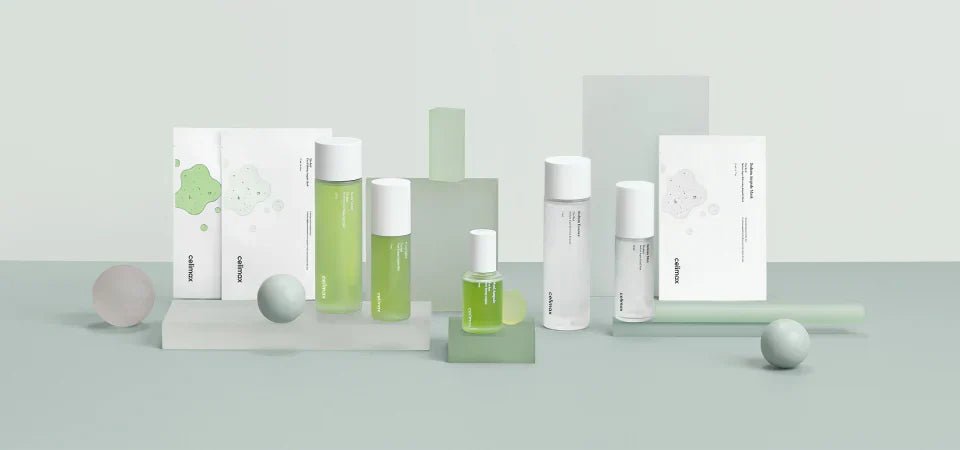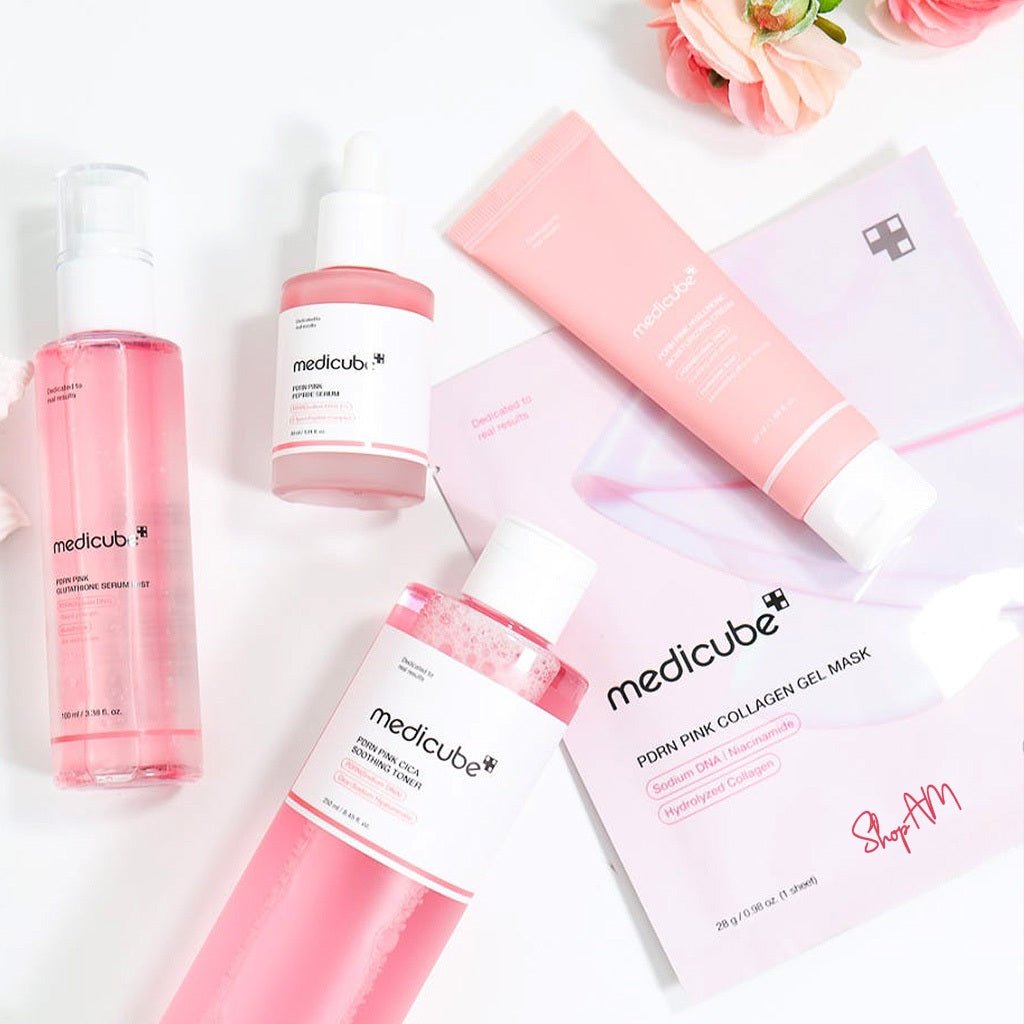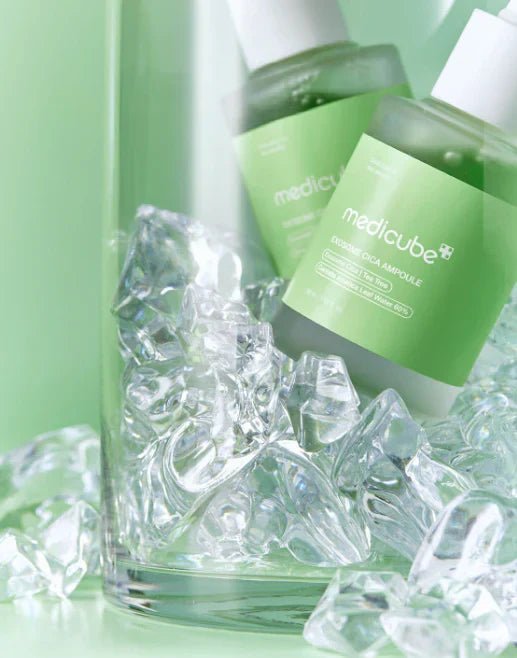






Exosomes in cosmetics: the innovation of the future for skin health
Modern cosmetics are evolving rapidly, incorporating scientific advances in the creation of skincare products. One of the revolutionary technologies that has emerged is exosomes, small vesicles that play a key role in intercellular communication. Their use in cosmetics opens up new possibilities for combating aging, restoring skin, and addressing other aesthetic issues. This technology has received special attention in Korean cosmetics , recognized for its innovative approaches and high-quality products.
What are exosomes?
Exosomes are nanoparticles measuring between 30 and 150 nanometers that cells release into the body. They contain proteins, lipids, RNA, and other biologically active molecules that facilitate the exchange of information between cells. They act as "messengers," delivering important signals and substances to target cells, making them a powerful tool for tissue regeneration and restoring cellular functions.

How do exosomes work in cosmetics?
The main purpose of exosomes in cosmetics is to stimulate the skin's natural regeneration processes. Thanks to their ability to penetrate deep into the dermis and deliver active ingredients directly to cells, they provide a more effective effect than many traditional ingredients.
Main mechanisms of action:
-
Stimulation of cell regeneration : Exosomes activate stem cells and promote the production of collagen, elastin, and hyaluronic acid, helping to combat wrinkles, loss of elasticity, and other signs of aging.
-
Reduction of inflammation : They can reduce inflammatory processes in the skin, which is especially useful for acne, rosacea and other inflammatory conditions.
-
Antioxidant effect : These nanoparticles help neutralize free radicals, responsible for premature aging and cell damage.
-
Deep hydration : Due to their ability to transport active ingredients to the deep layers of the skin, exosomes improve hydration and strengthen the skin barrier.
-
Repairing damaged tissue : After procedures such as chemical peels or laser treatments, exosomes accelerate healing and minimize the risk of side effects.

Featured Example: Medicube Exosome Cica Line
A prime example of the use of exosomes in cosmetics is the Medicube Exosome Cica line, created by the Korean brand Medicube. This product has become a true breakthrough in the field of restorative cosmetics.
Features of the Medicube Exosome Cica line:
-
Key ingredient: Exosomes : These products contain exosomes derived from plant stem cells, ensuring a powerful regenerative action. They reduce redness and strengthen the skin's protective barrier.
-
Centella asiatica (Cica) : Combined with exosomes, we use centella asiatica, a popular ingredient known for its soothing and restorative properties. This combination is ideal for irritated or damaged skin.
-
Multifunctionality : The line includes serums, creams and masks that can be used for both daily care and post-procedure recovery.
-
Safety and comfort : All products are hypoallergenic and suitable even for sensitive skin.
Advantages of using exosomes in cosmetics
-
Biocompatibility : Exosomes are natural components of the body, making them safe and unlikely to cause allergies.
-
Targeted Delivery : Unlike traditional active ingredients, which often remain on the skin's surface, exosomes penetrate the deeper layers and deliver substances exactly where they are needed.
-
Minimal side effects : Thanks to their natural origin, exosomes rarely cause irritation or allergic reactions.
-
Long-term effect : Unlike temporary solutions such as fillers, exosomes act at the cellular level, providing long-lasting results.

The future of exosomes in cosmetics
Research into the use of exosomes continues, and their potential has yet to be fully realized. Scientists are studying their use to treat complex conditions such as scars, pigmentation spots, and even alopecia. Furthermore, technologies are being developed to obtain exosomes from plant stem cells, which will make their production more accessible and sustainable.
Conclusion
Exosomes represent one of the most promising technologies in modern cosmetics. Their ability to interact with skin cells at the molecular level opens up new possibilities for creating effective skincare products. This technology has been actively adopted in Korean cosmetics , where brands like Medicube have created innovative products, such as the Exosome Cica line, for skin restoration and protection.
If you follow cosmetic trends, it's worth paying attention to products with exosomes; they could be your secret to eternally youthful skin.
